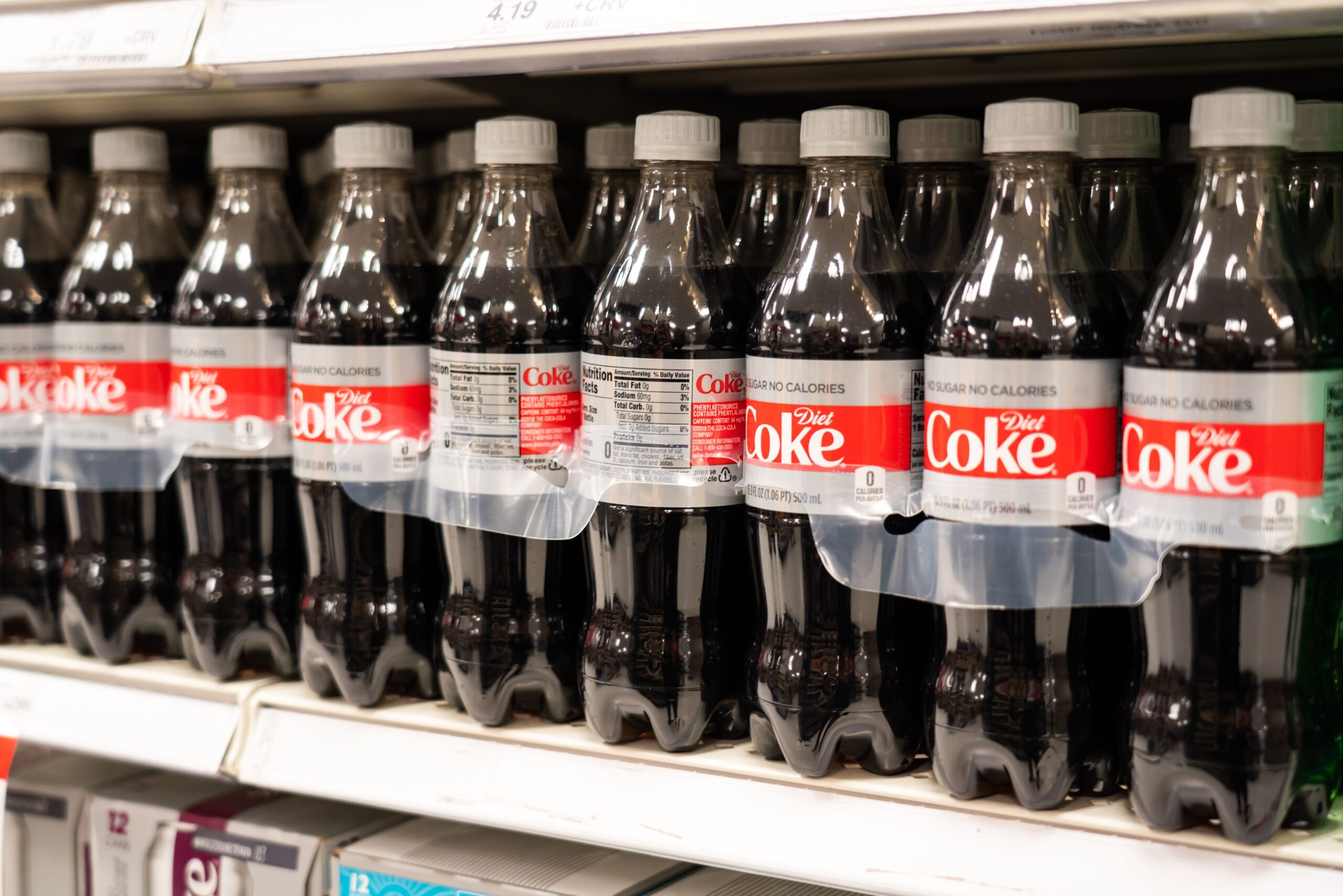One of the world’s most common artificial sweeteners is set to be declared a possible carcinogen next month by a leading global health body, according to two sources with knowledge of the process, pitting it against the food industry and regulators.
According to the sources, the International Agency for Research on Cancer (IARC), the cancer research arm of the World Health Organisation (WHO), will list aspartame as “possibly carcinogenic to humans” for the first time in July. Aspartame is a chemical found in a variety of products, including some snapple drinks, chewing gum, and diet sodas from Coca-Cola.
The IARC ruling, finalised earlier this month after a meeting of the group’s external experts, is intended to assess whether something is a potential hazard or not, based on all the published evidence.
Aspartame has no calories and is approximately 200 times sweeter than table sugar. In a 2009 document, India’s food safety and regulation body FSSAI recommended maximum permitted levels of the artificial sweetener according to the food product it is being used in.
About 95 per cent of carbonated soft drinks that have a sweetener use aspartame, as well as about 90 per cent of ready-to-drink teas, representing a huge amount of the beverage market share.
The FSSAI has also mandated that products containing aspartame should mention the name of the sweetener.
The increasing use of artificial sweeteners has caused concern across the world. A study was carried out in France last year that found that people who consumed larger amounts of artificial sweeteners, particularly aspartame and acesulfame- K, had a slightly higher cancer risk. It was based on an analysis of the medical history of 100,000 adults.
Meanwhile, Reuters said the WHO’s International Agency for Research on Cancer (IARC) will hold a meeting in July where aspartame will be listed in July as “possibly carcinogenic to humans” for the first time.
The IARC ruling, finalised earlier this month after a meeting of the group’s external experts, is intended to assess whether something is a potential hazard or not, based on all the published evidence, said the Reuters report.
It, however, does not take into account how much of a product a person can safely consume. In May, the WHO released new guidelines advising against using so-called non-sugar sweeteners or NSS.
According to the UN health agency, a systematic evaluation of the existing evidence “suggests that use of NSS does not confer any long-term benefit in reducing body fat in adults or children.”
Results of the review also “suggest that there may be potential undesirable effects from long-term use of NSS, such as an increased risk of type 2 diabetes, cardiovascular diseases, and mortality in adults.”























